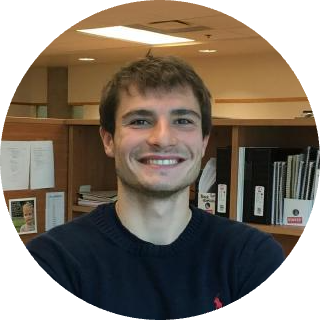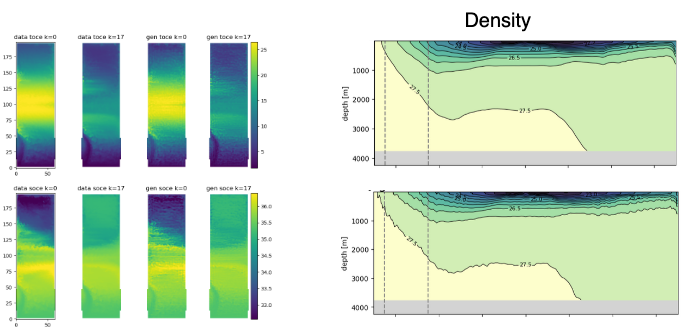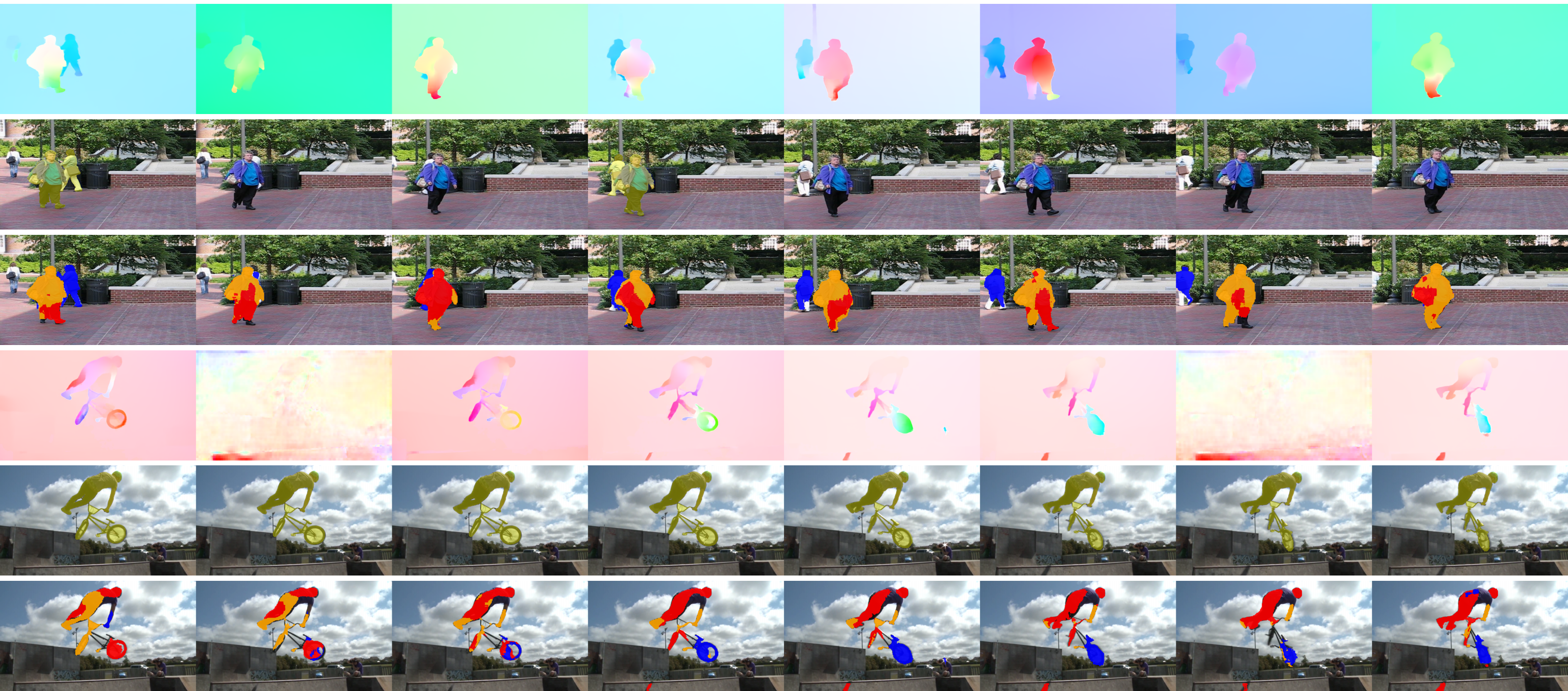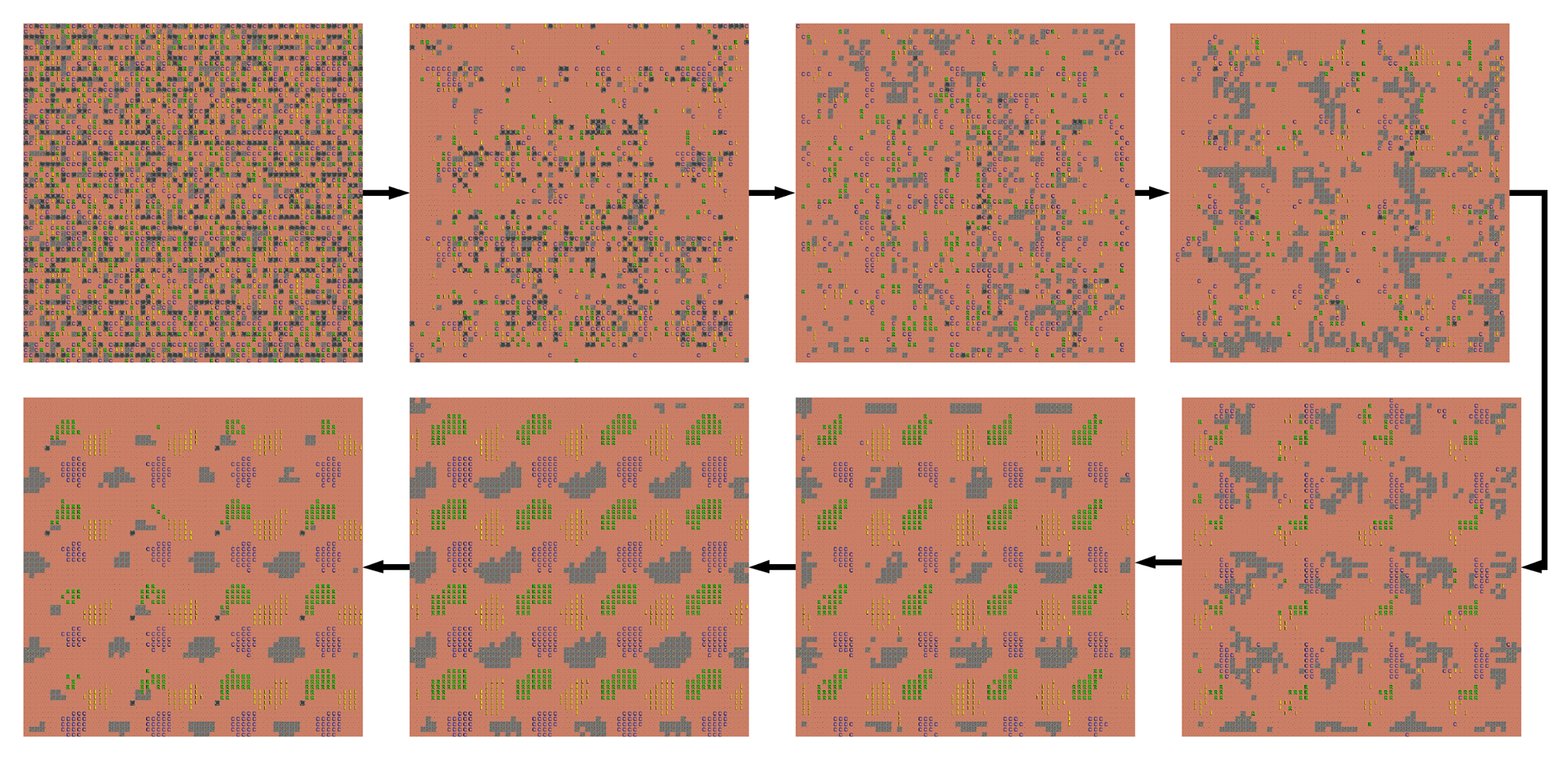Etienne MeunierI am a Postdoc at Inria Ange Team in Paris, working on deep learning approaches for physical systems and ocean modeling. My PhD focused on unsupervised training of neural networks for motion analysis. I was part of the Serpico team, led by Charles Kervrann. My PhD advisor was Patrick Bouthemy. From 2019 to 2020, I worked as a visiting scholar at University British Columbia in Mostafavi Lab working on deep learning approach to interpret genomics data. I hold a Master's degree in Computer Science from Boston University and a "Diplôme d’ingénieur" (MS) from ECE Paris. At Boston University I worked on a research project on predicting energy consumption from historical data with Eugene Pinsky. During my study, I also worked as a freelance researcher developping a shark detection algorithm for the CSR in La Reunion Island. My interests lie in unsupervised deep learning applications, particularly in diverse signal processing areas. Moreover, I am enthusiastic about exploring novel research domains. I have a strong background in computer science and mathematics related to machine learning. Additionally, I am proficient in writing functional software and understanding cutting-edge papers in computer vision. Being curious and hard-working, I am eager to immerse myself in exploring new subjects. etienne.meunier@inria.fr / CV / Phd-Manuscript / GitHub / Google Scholar / LinkedIn |

|













